I never get tired of riding the ferry. It is one of the things that makes Seattle and Puget Sound so unique, and I love that! Last weekend we rode the MV Hyak, built in 1967, from Bremerton to Seattle.
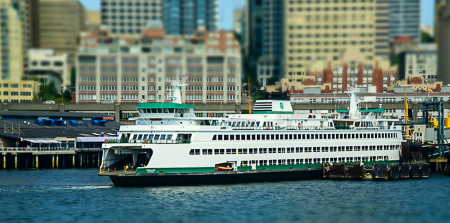
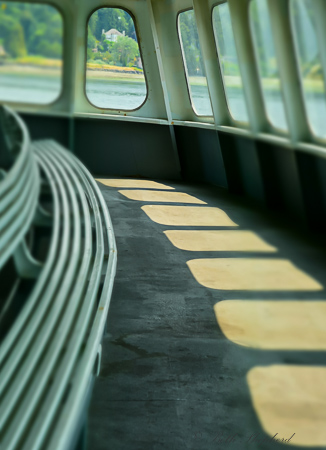
The Washington State ferry system has its origins in the “Mosquito Fleet,”a collection of small steamer lines serving the Puget Sound area during the later part of the nineteenth century and early part of the 20th century. By the beginning of the 1930s, two lines remained: the Puget Sound Navigation Company (known as the Black Ball) Line and Kitsap County Transportation Company.
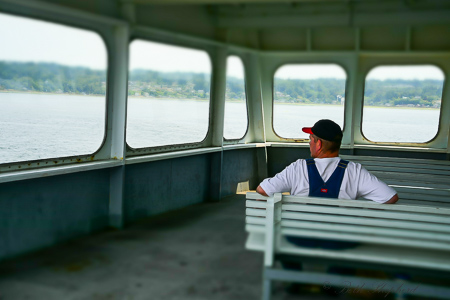
A strike in 1935 forced the KCTC to close, leaving only the Black Ball Line. Toward the end of the 1940s the Black Ball Line wanted to increase its fares, to compensate for increased wage demands from the ferry worker unions, but the state refused to allow this, and so the Black Ball Line shut down. In 1951, the state bought nearly all of Black Ball’s ferry assets for $5 million (Black Ball retained five vessels of its fleet). The state intended to run ferry service only until cross-sound bridges could be built, but these were never approved, and the Washington State Department of Transportation runs the system to this day.
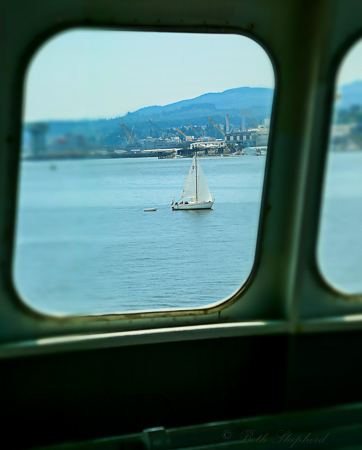
As of 2015, there are 24 ferries on Puget Sound operated by the state. The largest vessels in this fleet carry up to 2500 passengers and 202 vehicles. They are painted in a distinctive white and green trim paint scheme, and feature double-ended open vehicle decks and bridges at each end so that they do not need to turn around.
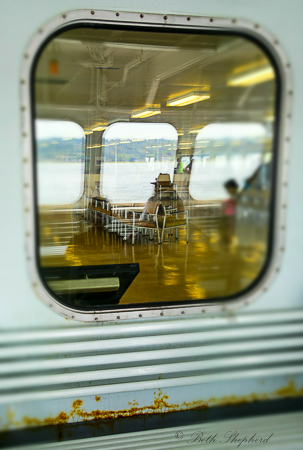
There are 10 routes serving 20 terminals located on Puget Sound and in the San Juan Islands, designated as part of the state highway system (hence WSDOT, Washington State Department of Transportation). The agency maintains the largest fleet of ferries in U.S. at 24 vessels, carrying 23 million passengers in 2014. As of 2014, it was the largest ferry operator in the United States, and the fourth-largest ferry system in the world.
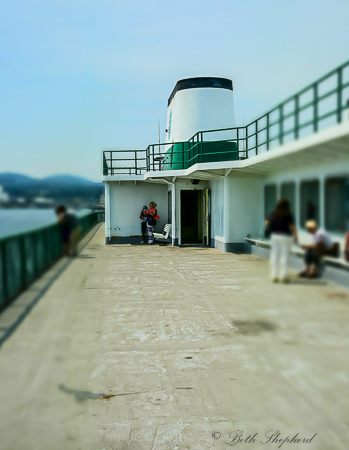
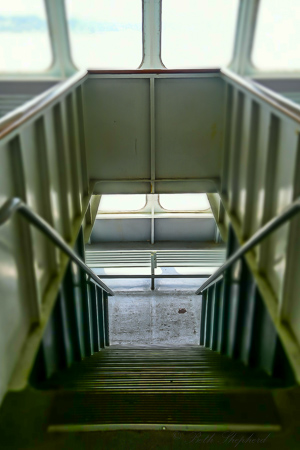
And if you want to read more about all things Pampers, follow me on Facebook, Twitter or RSS/email.
Take the road less traveled, Beth
Leave a Reply